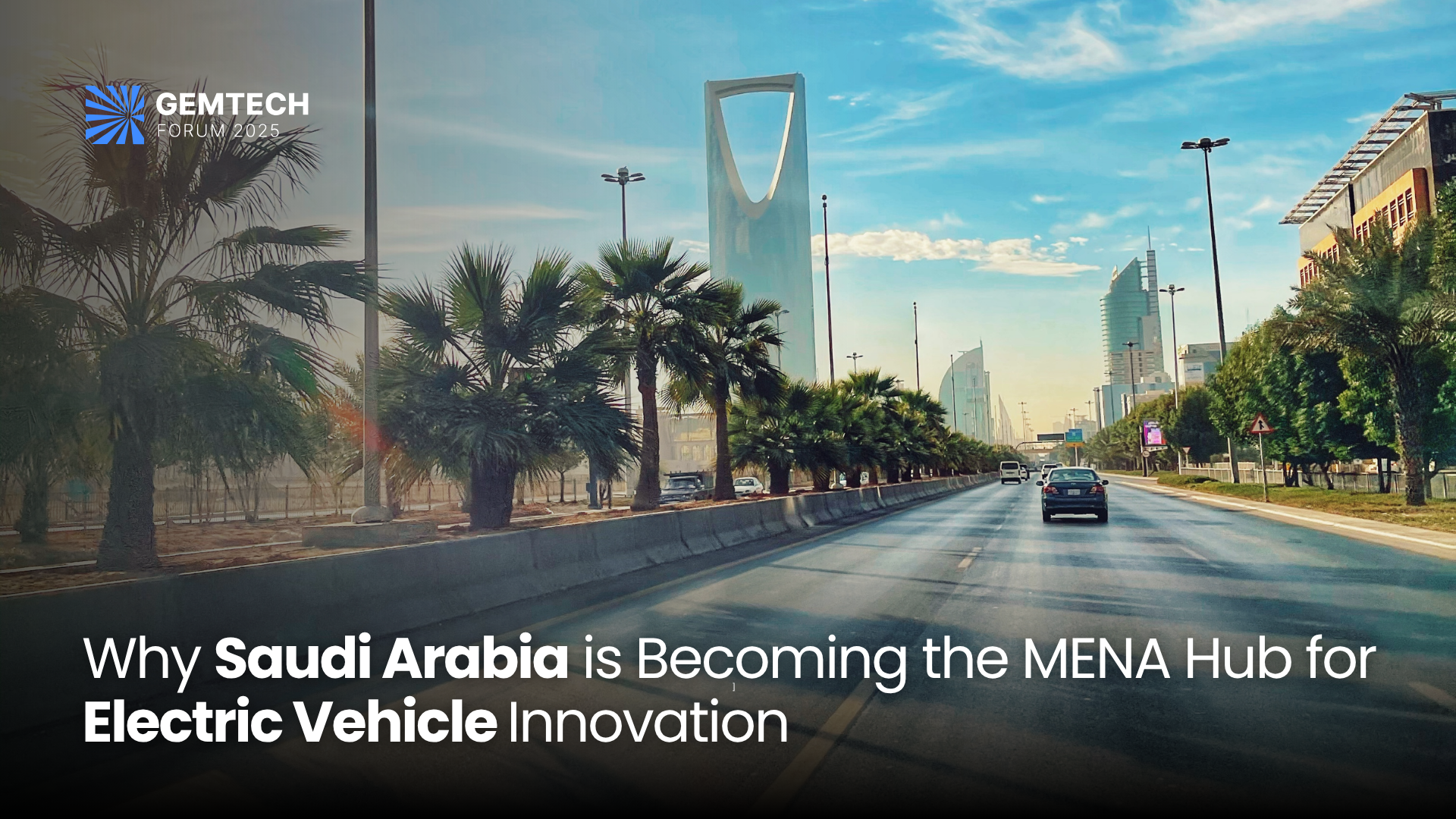As the global shift toward clean energy accelerates, the Middle East and North Africa (MENA) region is emerging as a promising landscape for electric vehicle (EV) growth. Among the regional players, Saudi Arabia stands out not only for its ambitious sustainability vision but also for its decisive steps toward transforming its automotive and energy sectors. With the support of national policy, investment incentives, and forward-looking initiatives, Saudi Arabia is positioning itself as a regional leader in EV adoption and innovation. According to BCC Research’s Electric Vehicle Regional Analysis Market: Middle East and North Africa (April 2025), Saudi Arabia is one of the fastest-growing EV markets in the region, with projections indicating substantial market expansion through 2029.
A Strategic Shift in a Traditionally Oil-Driven Economy
Saudi Arabia’s transition toward electric mobility represents a pivotal chapter in the Kingdom’s economic diversification under Vision 2030. The move aligns with broader goals of reducing dependency on fossil fuels and establishing a globally competitive green economy. The country’s EV policy framework, coupled with its renewable energy ambitions, is creating a strong foundation for clean transport solutions.
The Kingdom’s EV market is projected to reach $3.3 billion by 2029, driven by government support, increasing consumer interest, and infrastructure investments. This growth is not just about adoption but about reshaping the entire mobility ecosystem from manufacturing to smart energy integration.
Key Drivers Fueling Saudi Arabia’s EV Momentum
Several strategic initiatives and developments are accelerating Saudi Arabia’s EV progress:
- Policy Support and Infrastructure Expansion: The government has implemented EV-friendly regulations, import duty exemptions, and dedicated funding to boost charging infrastructure. These measures are reducing barriers to entry for both consumers and investors.
- High-Profile Manufacturing Projects: Lucid Motors’ electric vehicle manufacturing facility in King Abdullah Economic City (KAEC) is a major milestone. With a planned capacity of 150,000 vehicles annually, this project is set to transform the Kingdom into a regional manufacturing hub and export base.
- Growing Brand Presence: Leading global EV manufacturers, including Tesla, Lucid, and Hyundai, have entered the Saudi market in response to rising demand. Their presence signals confidence in the Kingdom’s long-term EV strategy.
- Smart Mobility Integration: Saudi Arabia is actively investing in charging networks and digital platforms to support fleet electrification, ride-hailing services, and connected mobility solutions.
Addressing Market Challenges
While the market outlook is strong, certain challenges remain on the path to large-scale EV adoption:
- Limited Charging Infrastructure: Though expanding, charging networks are still concentrated in urban areas, requiring further deployment across secondary cities and highways.
- Affordability Constraints: High upfront costs and limited local assembly options have kept many EV models out of reach for average consumers. Local manufacturing and financial incentives are expected to improve price accessibility.
- Climate and Performance Concerns: Harsh temperatures and long driving distances raise concerns over battery range and durability. However, advancements in battery cooling and thermal management systems are beginning to address these technical issues.
B2B Opportunities in Saudi Arabia’s EV Ecosystem
The accelerating EV shift in Saudi Arabia is opening a wide range of business opportunities for regional and international players:
- Charging and Infrastructure Partnerships: Utilities, developers, and private firms can collaborate to expand public and private charging solutions across cities, malls, offices, and highways.
- Component and Supply Chain Localization: With local manufacturing gaining traction, there is increasing demand for batteries, power electronics, drivetrain components, and other EV parts.
- Fleet and Logistics Solutions: Companies offering leasing, telematics, fleet management, and energy-as-a-service platforms will find fertile ground in Saudi Arabia’s transitioning transport sector.
- Mobility Tech and Data Services: Startups and tech providers specializing in connected mobility, predictive analytics, and user experience platforms can contribute to building smart transport ecosystems.
Saudi Arabia’s electric vehicle transformation is a strategic national priority that aligns with its broader goals of economic diversification and sustainability. The government’s clear policy direction, combined with large-scale manufacturing projects and technology integration, is creating an ecosystem ready for scale and innovation.
For manufacturers, suppliers, technology firms, and investors, Saudi Arabia offers more than just a growing market—it presents a long-term platform for sustainable growth and industrial leadership in the MENA region. The time to engage is now, as the Kingdom steers confidently toward an electrified future.


